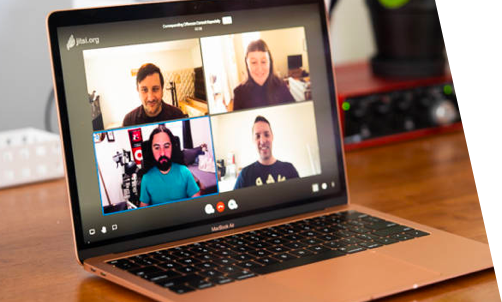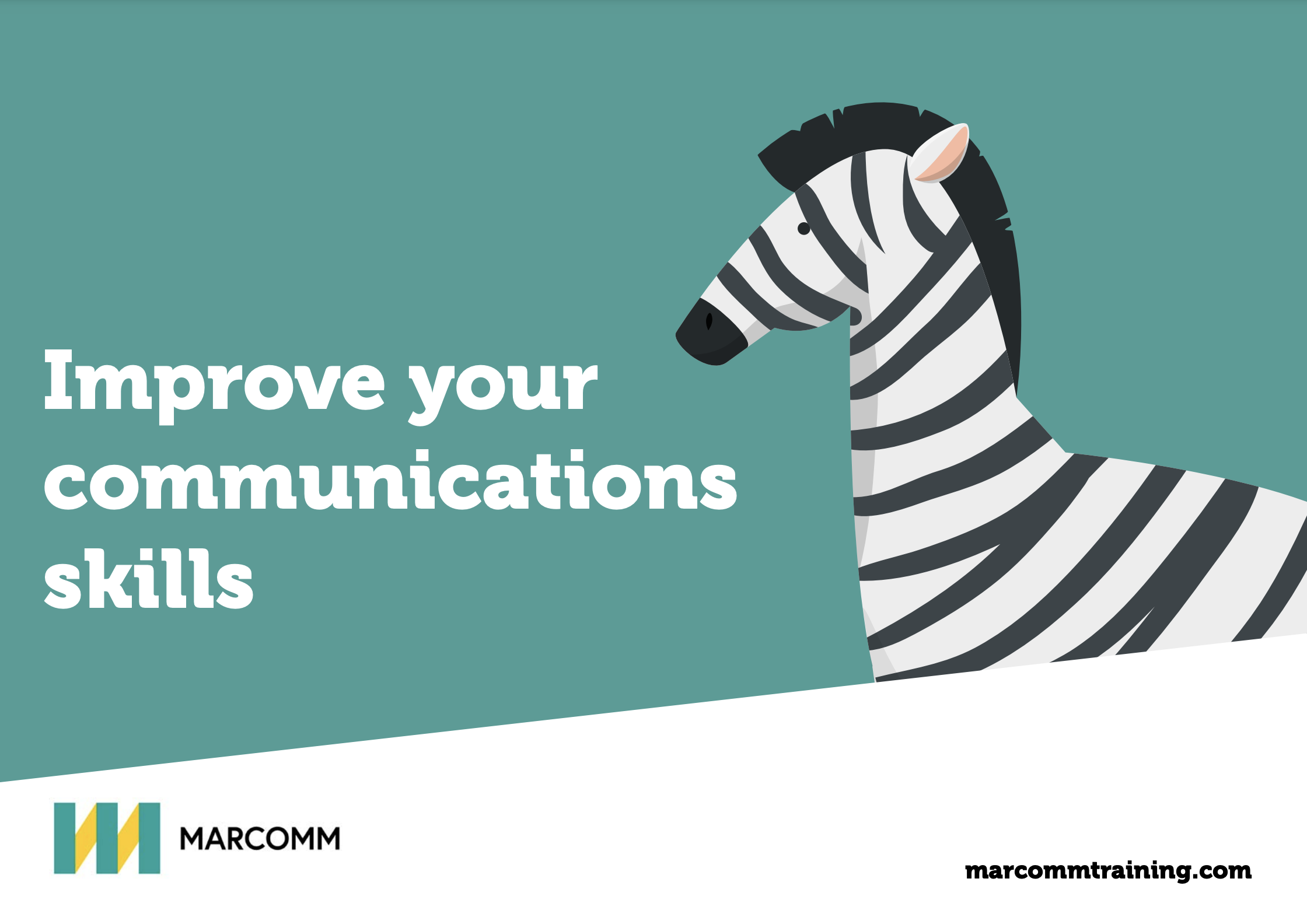Your interview has gone well. The questions you anticipated came up and you were able to deal with them. One last question the interviewer says, “can you tell the panel why you think you are the right person for this role”
This should be an easy one. There is so much to say. Where do I begin? Unfortunately, you hadn’t really thought how you might deal with a wide-ranging question such as this. Instead, you respond with a rambling generic list of things that you believe make you ideal for this role. It was a response that demonstrated a level of unpreparedness. You know you missed a real opportunity to leave the panel with a strong impression and it even felt that you had undermined your initial strong performance
Sometimes it is the easiest questions that can be the most difficult to answer well. Can you tell me about yourself? What can you bring to this organisation? Why do you consider yourself the right person for this role? These are opportunities to demonstrate to the panel that you really understand the role, what the organisation is looking for and that you have the ability to communicate what you have to offer in a compelling and succinct manner.
However, to do this you need to prepare properly. Here is how.

Do your homework
Begin by really understanding the organisation you are hoping to join. What values and behaviours are important to them? What do they expect from their employees? What does the job description tell you about the type of individual they are looking for? What are the relevant skills, the specific qualifications, and experiences they are after?
Now you are in a better position to tailor your response so that it that meets or surpasses these requirements.
Structure your answer under three headings
You have heard the phrase “the power of three.” Three well-structured points are much more memorable than a long rambling list of what you believe are your strong points.
Firstly, identify your relevant qualifications and professional development:
Focus on what you have got that is relevant to this role. If it is a technical role, what are your relevant qualifications.
Then there is the important area of your ongoing professional development. This tells a potential employer how committed you have been in investing in yourself. It tells them what you have done to prepare yourself for this role. Highlight any specific challenges that you overcame in when taking on additional study, for example balancing study while working full time or managing a young family. Link these experiences to the role that you are being interviewed for. These say a lot about your focus, motivation and organisational skills which may be very important to the employer.
Secondly, highlight relevant work experiences:
Choose a small number of important roles or significant projects that you have been part of that that you believe are relevant to this role. Focus on what was difficult or challenging in these assignments. What hurdles did you overcome? Did you manage others? Did you influence internal or external stakeholders? What did you learn from these experiences?
The ability to reference your most relevant experience and match it to the role in question will mark you out from the rest of the field.
Finally, your specific personal qualities:
We all have something that is unique to us. What you have got that makes you special? Are you someone that is persistent or resilient? Have you got the ability to see the big picture in a situation but link that to the appropriate implementation steps? Can you influence or motivate others in a specific direction? Are you someone who offers strong attention to detail?
By reviewing the competency framework of the organisation, or the job description, you should have enough information to craft a meaningful statement of what you can bring to the role.
However, don’t just list your personal qualities, reference the evidence that leads to the conclusion that these are strengths that are specific to you.
And finally...
When preparing for your next job interview, as well as preparing strong examples, consider how you might deal with the questions that allow you to talk about what you have to offer and what makes you the right candidate for the role. These questions give you the opportunity to share your unique achievements. Provided you have identified what the organisation is looking for and know to structure a compelling response then you need never fear the “why you” question again.

